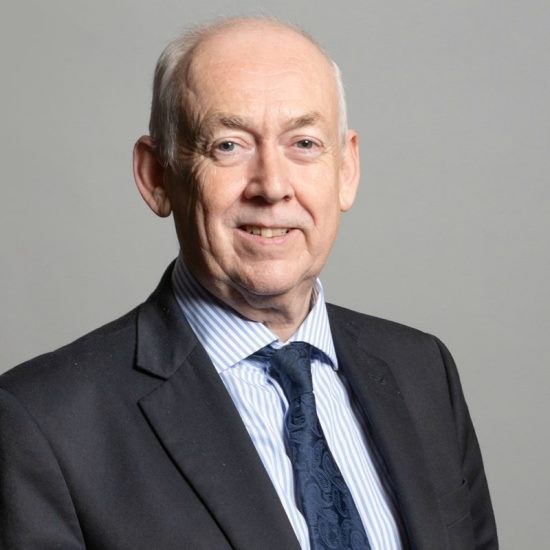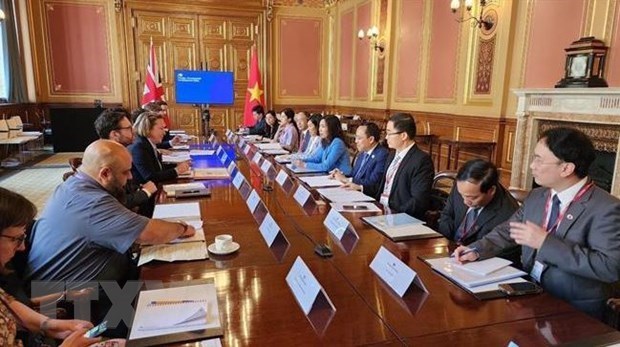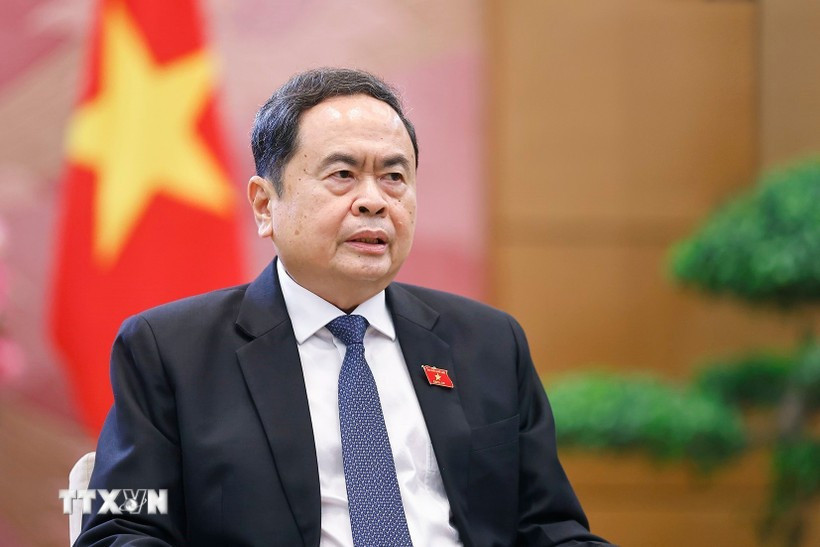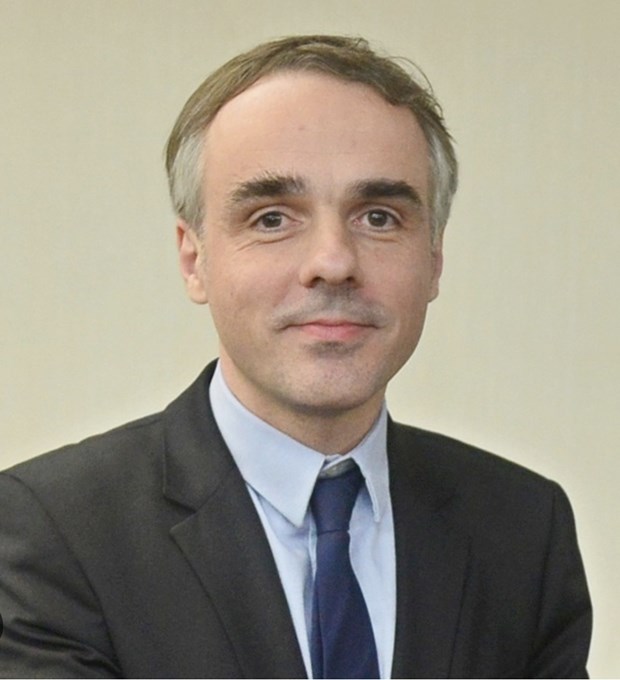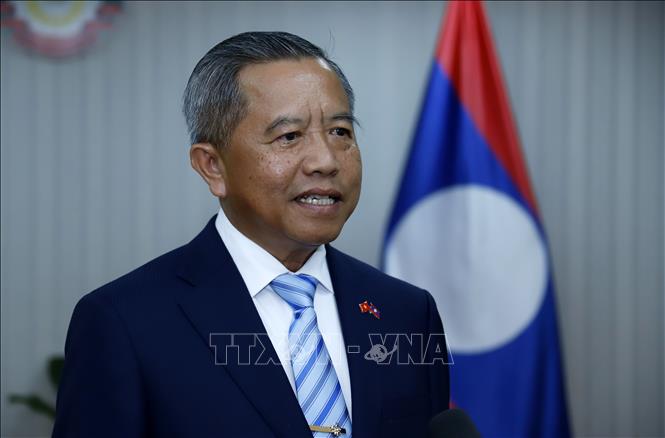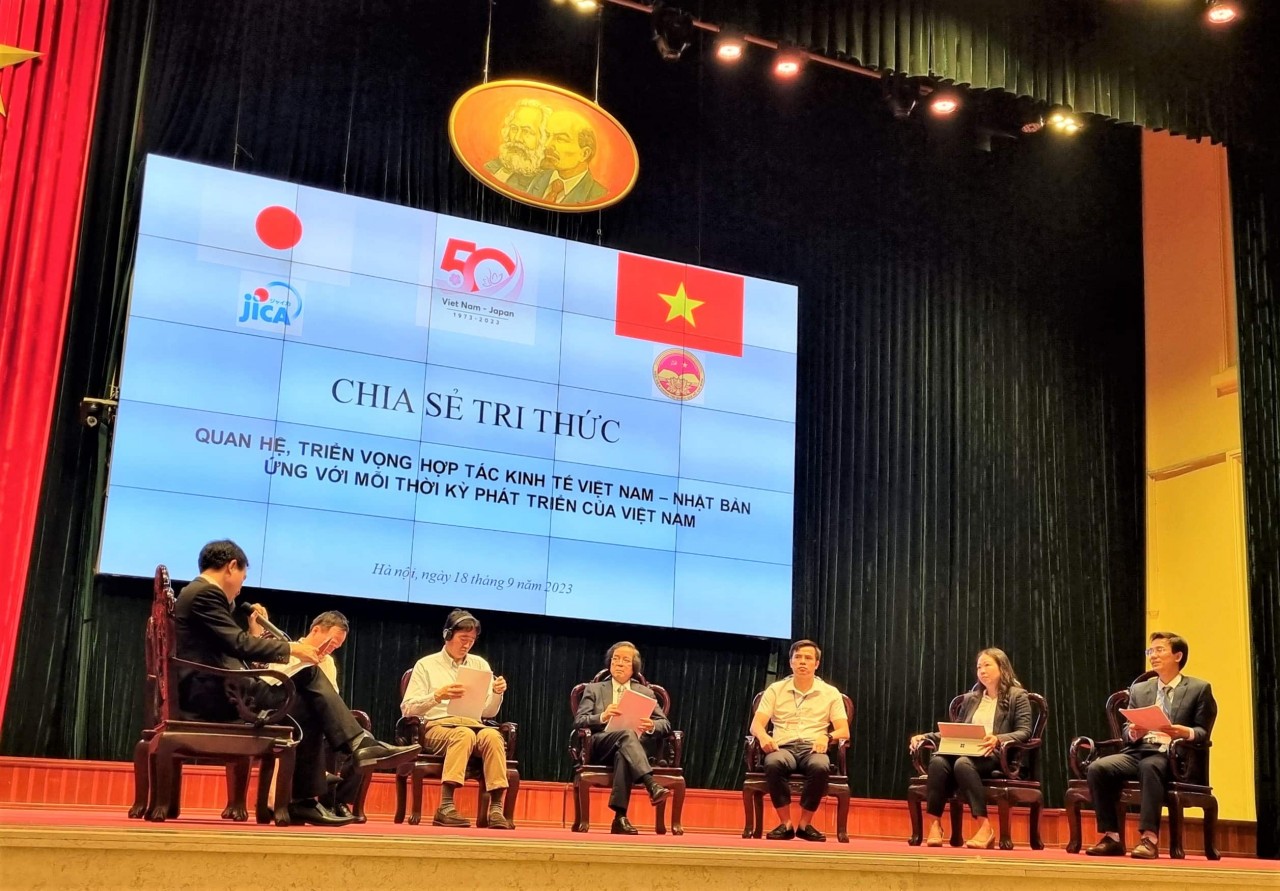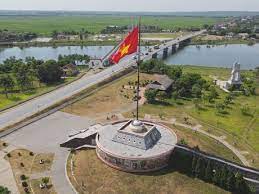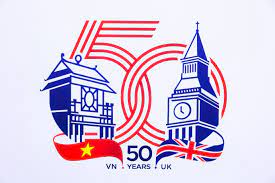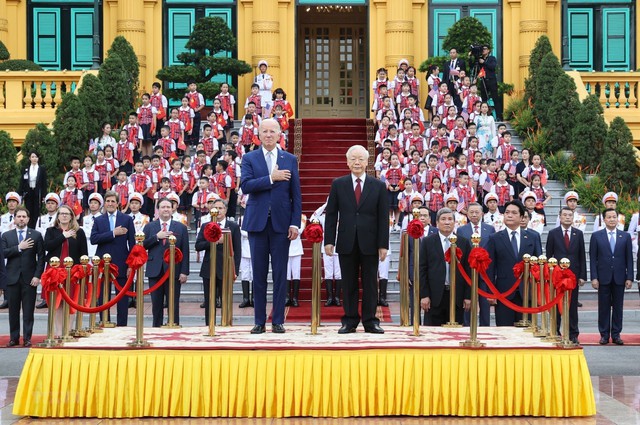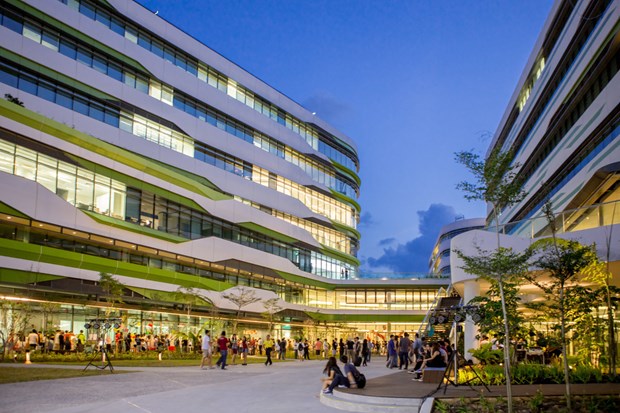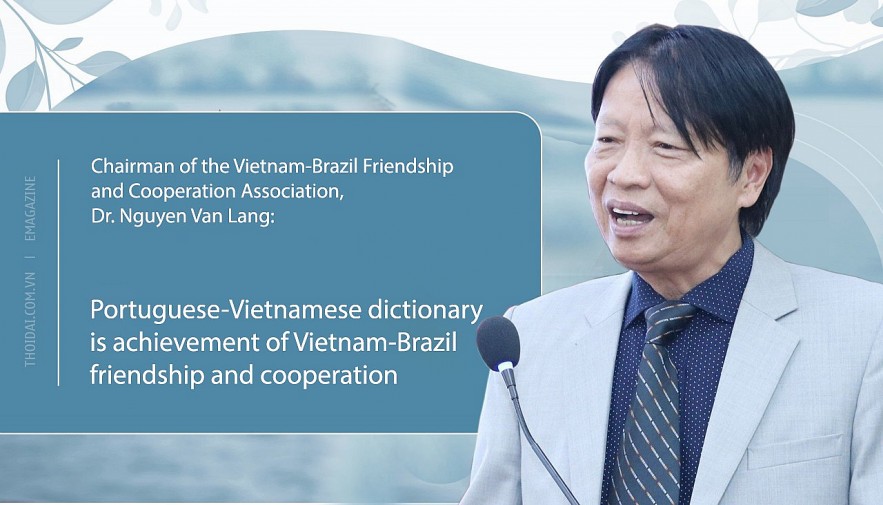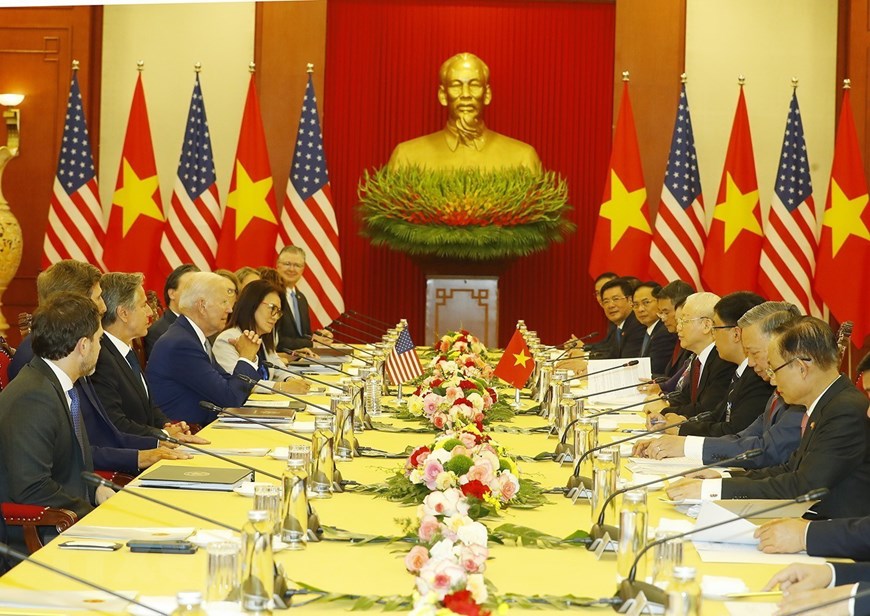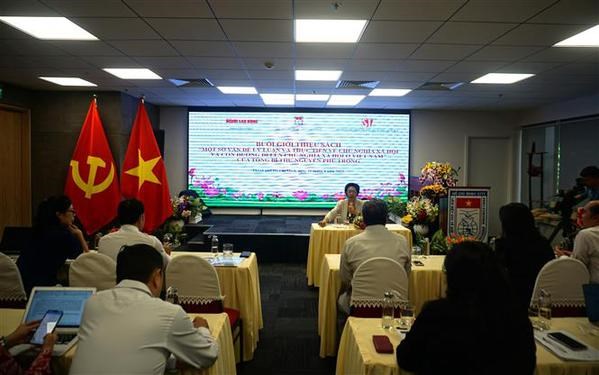Wayne David, Chair of the All Party Parliamentary Group (APPG) on Vietnam. (Photo: provided by Wayne David)
This view was shared by Mr Wayne David, Chair of the All Party Parliamentary Group (APPG) on Vietnam, in a recent interview with Vietnam News Agency correspondents in the UK.
Mr Wayne David said September 1973 was a historic moment when Vietnam and the UK began formal diplomatic relations, which have developed gradually over a period of time with a significant milestone in 2010 when a strategic partnership was created between the two countries.
According to the APPG Chair, that partnership has been enormously successful, resulting in cooperation with regard to education and training, trade, investment and many other things.
He stressed that more importantly is the development of a mutually beneficial relationship where not only the governments of the two countries but also the two peoples have benefited.
Having led a delegation from the UK Parliament in two visits to Vietnam, Mr Wayne David was enormously impressed not only by all the economic activities in the country but also by the beauty of Vietnam and the friendliness of its people.
The APPG Chair stressed underpinning of human relations is so important in making sure that the two countries’ partnership is firmed up and develops well into the future.
With regard to the relationship between the Vietnamese National Assembly and the UK Parliament, the APPG reaffirmed the importance of this relationship, saying it has seen positive developments over the last few years.
As the APPG Chair, Mr Wayne David was able to agree a special Memorandum of Understanding between the Vietnamese National Assembly and the UK Parliament. However, because of COVID-19, the two sides were unable to sign it soon after they agreed, the APPG Chair said, hoping he will be able to come to Vietnam again and formally sign this agreement, providing a framework for exchanges and dialogue between the two assemblies.
Attaching importance to a relationship that can bring about specific benefits for both countries, he stressed that it is important to not just talk about how diplomatic relations can be improved or how economic cooperation can be strengthened, but also to talk about how the two countries can learn from each other and how their cooperation can benefit their people.
The APPG Chair said cultural and musical events such as the concert held in the Royal College in London on September 7 with Vietnamese, British and international musicians to celebrate the 50th anniversary of Vietnam-UK relations, which he attended, reinforce the fact that Vietnam-UK relationship is not just about economics, prosperity and developing education, important though they are, but also about the close relationship between people.
He said these are the areas in which parliamentarians of the two countries could collaborate to make sure that all benefit from the two countries’ ever closer relationship.
Speaking about prospects for bilateral cooperation, Mr Wayne David said it is important to recognise that the relationship between the two countries cannot be a top-down relationship. This means it is the people themselves, rather than the two governments, to come together and recognise that their close relationship is to mutual benefits.
He listed climate change, education, culture and cooperation between regions of the two countries, among others, as areas important for the two countries to work together.
The APPG said one of the big challenges human beings all over the globe are facing is climate change, citing heatwaves and wildfires breaking out in different parts of Europe as a result of rising temperature. He said with expertise and technology in dealing with climate change and environmental problems as well as treating new energy, the UK can be of practical assistance to Vietnam, where there is a growing problem with regard to climate change leading to flooding and other problems in the Mekong Delta in particular.
He also emphasised cooperation in education as we all now live in a global village where young people in schools should understand their each other’s countries, their cultures and languages and should develop as internationalists rather than nationalists. He pointed to an important link that the two countries should seek to develop in the future, which is Vietnam regards education extremely important and today 13,000 students from Vietnam are studying in the UK. He expects in the future it will be much easier for the students from Vietnam to study in Britain.
Seeing cooperation between regions in the two countries as an important dimension to bilateral relationship, the APPG Chair said Vietnam and the UK can further work on this, citing the cultural relationship between Sheffield and Hanoi, or a number of colleges in Wales working with educational institutions in Vietnam as good examples. He was pleased that Vietnam and his homeland, Wales, have seen stronger links over the last few years, especially with the recent visit to Cardiff by Vietnamese Ambassador to the UK Nguyen Hoang Long during which he met the Welsh First Minister and had a productive discussion on enhancing their cooperation.
As Chair of APPG, Mr Wayne David said the Group has an advantage in promoting Vietnam-UK relationship because APPG had members of all the different political parties in the UK, who are from both the House of Commons and House of Lords. Although having differences, the members of the Group have all agreed that the relationship between Vietnam and the UK is very important. The cross-party agreement of this means that even if there is a change of government, as the general election will take place next year, the association and relationship with Vietnam will continue with the relationship, which is so strong that it goes beyond the transcendence of political divisions./.
Q.Hoa t.h / Vietnamplus

